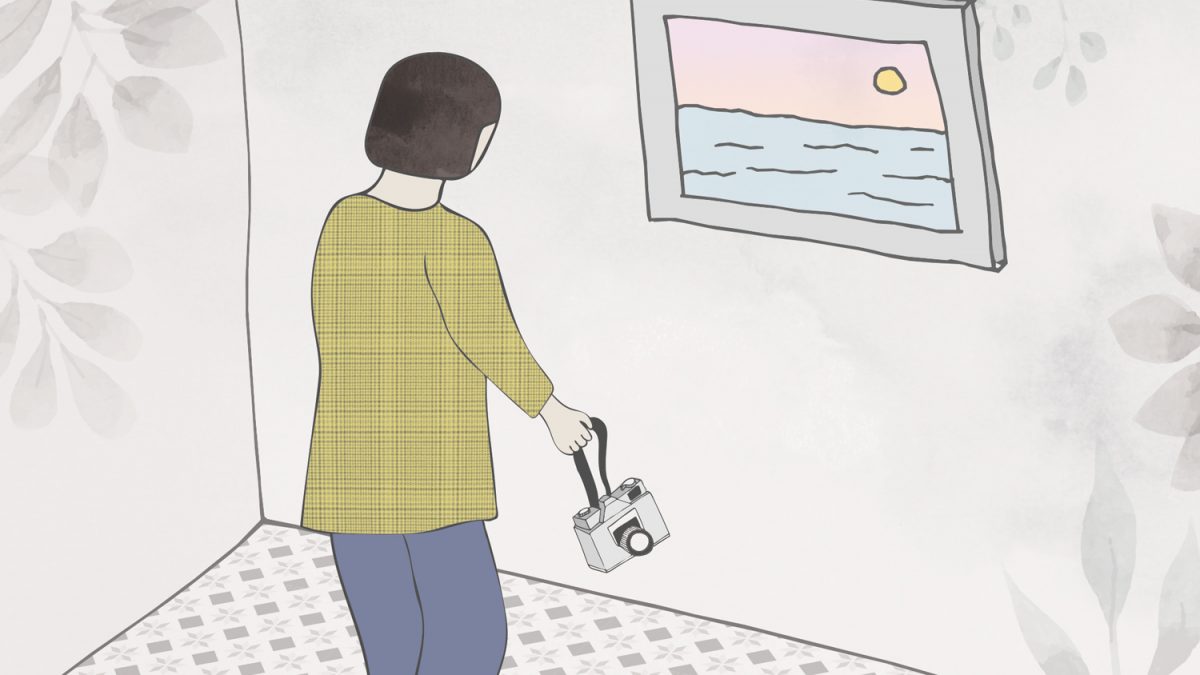Kate Perry, the founder of Wiserr, delves into why the experience and wisdom of retirees should find its way back into workforce.
Remember the ‘80s? What a golden era for work it was. Technology was emerging but people were still firmly behind the wheel, meaning tasks were getting easier but jobs were plentiful.
My dad was a beneficiary of the times. He had a really successful photography business during the ‘70s and ‘80s. The ‘80s in particular were a dream for his industry. Big lunches, big advertising agencies, big budgets. It was an exciting time.
But as technology, new processes and younger workers proliferated in the mid-90s, dad’s business struggled and, ultimately, he shut the doors.
I don’t want to talk about my dad too much in this story – he’s the kind of guy who might feel ashamed or embarrassed about his journey through work as he grew older. He of course has no reason to feel either.
It’s a common story; older Aussies often feel the pinch when workplace transformations change the way business is done. But here’s the thing – when older Australians leave the workforce, a tonne of valuable experience leaves with them.
And that’s a crying shame for businesses, for retirees and for younger workers.
To be honest, I find it utterly perplexing that business owners haven’t tapped into this ready-made source of experience, skills and human capital.
How many seniors are out there – either recently retired or well into it – who are looking for the chance to be a part of something? Who are flexible and welcome the hours casual or freelance work offer? Who are looking for a deeper sense of purpose and are ready and willing to deliver incredible things for employers?
How many seniors are out there – either recently retired or well into it – who are looking for the chance to be a part of something?
There are thousands of them. I know this because I took the time to ask.
At the roundtable sessions we held before we started Wiserr the discussions around work and purpose were robust. The common thread? People felt they weren’t visible anymore.
They said they wanted to add value to their community. They wanted people to validate their ideas and they wanted to be involved. They wanted to be part of something bigger. And women in particular said they felt invisible. The actual quotes were: “No one sees me, no one smiles, no one listens to what I say.”
And that is an absolute tragedy in my opinion.
But like my dad, many would never ask for help. He just wanted to continue the work he was doing. And he didn’t know what to do when things went bad. And now that I think about it, I know many of his colleagues and other people his age felt the same.
That’s why I created Wiserr. I wanted to create a community for people like him. Newly retired? Find the connections you need to keep your skills sharp. Struggling in a current job? Come to Wiserr and create something from nothing. Want to just be a part of something special? Find the opportunities to work with people on projects that really matter.
And it doesn’t just have to be focused on one skill. For example, you can imagine my dad.
He can hire out his photography services and he can also help small industries in e-commerce set up their live studio. Or he could do a workshop to teach younger people about the finer points of analogue photography.
Yes, it provides a pay cheque. But more than anything there is a feeling of validation. The older Aussies I speak to want to contribute, they want to add value. This is the way to do that.
There is too much wisdom out there that is simply not being appreciated. And I’m on a mission to change that.


